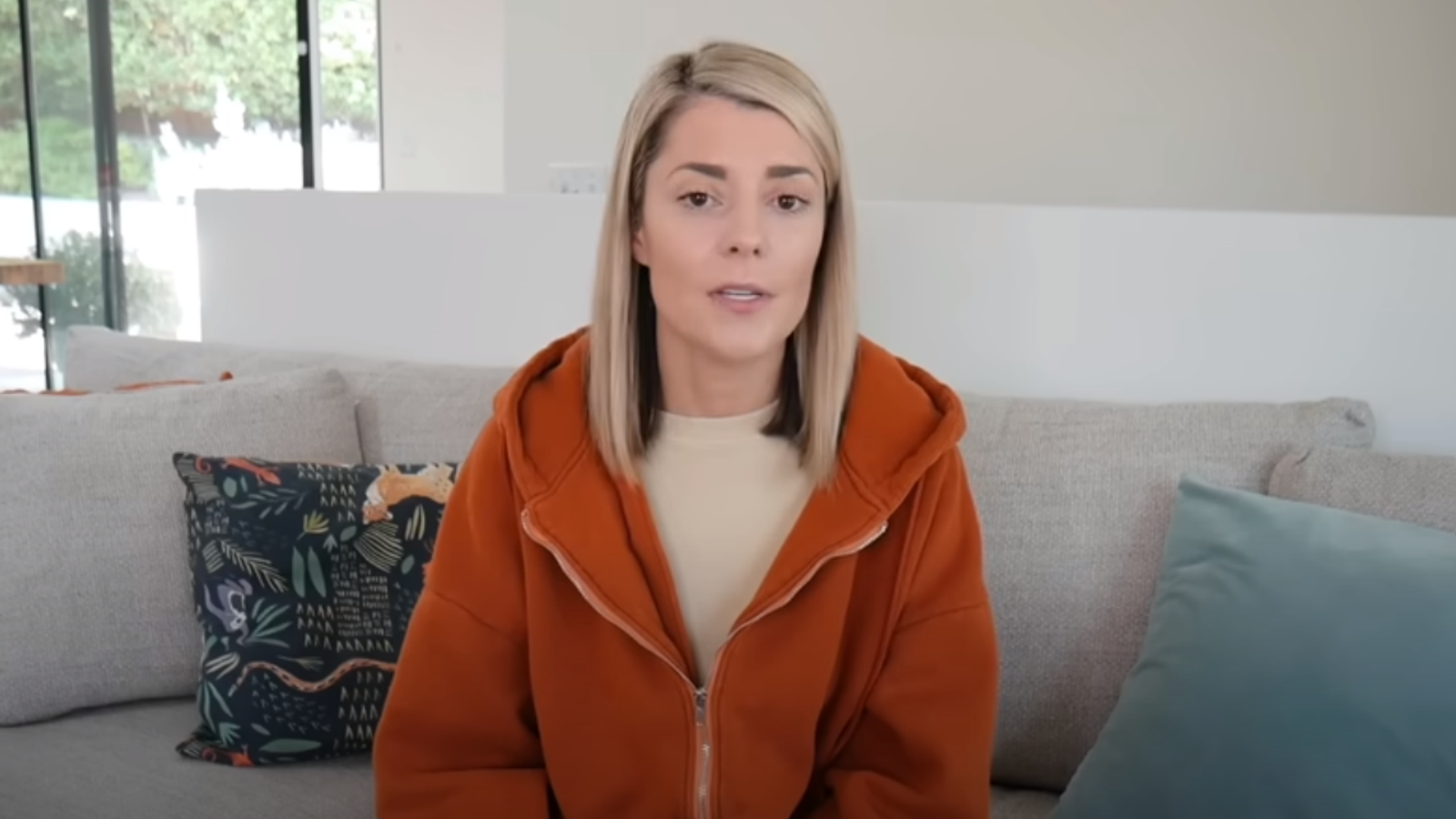
YouTuber Grace Helbig has revealed she has been diagnosed with triple-positive breast cancer.
The content creator shared the “shocking” news in an eight-minute video on her YouTube and Instagram page.
Addressing her fans, she started the video by saying, “I don’t know how to do this, so we’re just going to do this.
“I have breast cancer.”
Ms Helbig said she has now had a “decent” amount of time to process the diagnosis and to start “the process”, after being told the news last month.
Ms Helbig joined the video streaming site 16 years ago and has now accumulated over two million subscribers – she is known for her viral challenges and comedic vlogs.
In the video, she said: “From every doctor or medical professional or person who has any knowledge about cancer, they have said it’s super treatable, highly beatable.”
“We’re going for cure not remission here. Which is exciting, encouraging, helpful, good.”
Ms Helbig said the treatment plan “looks like” six rounds of chemotherapy, which she said is then followed by hormonal therapy.
The YouTuber said she wanted to open up to fans as she has felt as though she had been “existing with a big secret.”
Ms Helbig said before her diagnosis, she had noticed a “weird lump” in her left breast, which she brought up in her gynaecologist appointment.
“I had sort of noticed a weird lump in my left breast, but I really had to talk myself into bringing it up to her in the appointment because I thought I was just a stupid little girl that didn’t know how girl bodies worked and it’s probably just muscle tissue,” she said.
“Thank God I listened to that little voice inside of me that finally got the courage to bring it up to her because she also thought it was abnormal.”
She also encouraged viewers to “get those lumps checked” and advised people not to be afraid to “ask a doctor what you might think is a stupid question.”
‘I’m ready to take this on’
After reaching out to her gynaecologist, Ms Helbig was then sent in for a mammogram and an ultrasound.
She said she felt “unsettled” after the nurse came back and ordered her to get a biopsy.
“The real kicker is when I got the biopsy,” she said.
She explained that the doctor that was doing the biopsy mentioned her own diagnosis five years ago, which Ms Helbig said, “I think in hindsight she might have been trying to show me… ‘look at where I’m at five years later. I’m a doctor doing your biopsy. Not all hope is lost.'”
YouTuber Hank Green, who also recently revealed he had been diagnosed with cancer, shared his support for Ms Helbig publicly in a tweet with heart emojis.
Ms Helbig mentioned the two of them have been in touch and said: “I have been texting with him and his videos have been so incredibly helpful.
“And I am now eagerly awaiting his cancer stand-up to read through, which he has promised to send me because I’m going to need comedy through this process.”
Looking into the future, the YouTube star said she will still continue to make episodes for her podcast This Might Get Weird.
Ending the video, Ms Helbig added: “I’m doing well, and I’m ready to take this on.”
Read more from Sky News:
Meta to launch a rival to Twitter
Students ‘traumatised’ after deaths of classmates on Greek island
According to the National Cancer Institute, triple-positive breast cancer is a type of breast cancer in which the tumour cells have estrogen receptors, progesterone receptors and a larger-than-normal number of HER2 receptors on their surface.
Triple-positive cancers tend to be more aggressive and often occur in younger people.
HER2-positive – is a breast cancer that tests positive for a protein called human epidermal growth factor receptor 2 (HER2).
“This protein promotes the growth of cancer cells,” the Mayo Clinic website says.
There are different treatments available depending on the type of cancer and stage. Cancers that are further along may be treated with chemotherapy, radiation, and other targeted or hormone therapies.












